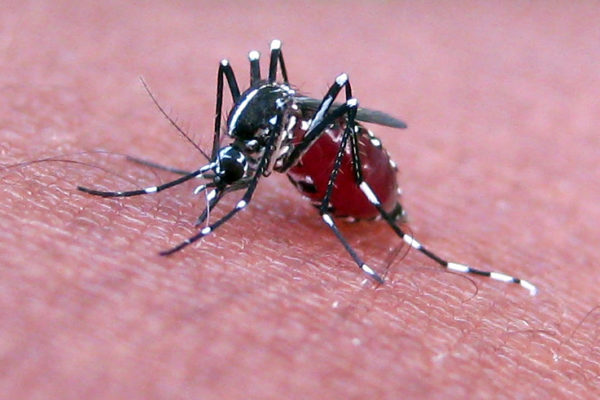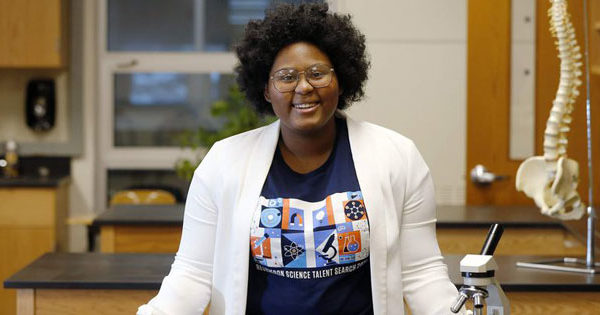A new study reveals that disabled households in the European Union currently consume 10% less energy than other households, as well as being 5% more likely to experience energy poverty. University of Leeds researchers warn […]


A new study reveals that disabled households in the European Union currently consume 10% less energy than other households, as well as being 5% more likely to experience energy poverty. University of Leeds researchers warn […]

Come December, there may not be enough turkeys for everyone! Indi investigates the sustainable seafood solution.

Mosquitos transmit some of the deadliest human diseases. But should be eradicate them completely? Olivia Kolasinski investigates

If you’ve started university this year, you’re guaranteed to hear someone tell you how quickly it will all be over. It’s a bittersweet phrase not dissimilar to “the best years of your life”, and one that seems to hold true in many, but not all, cases. Regardless, if that does turn out to be your experience, why might that be?

For too long, black scientists’ contributions to the field of mental health have been overlooked and minimized. It is vital to treat everyone equally and to showcase all achievements. Here, Zehrah takes a look at several of the most influential black pioneers in mental health.

“For every black scientist excelling in their field, there are hundreds of white scientists doing the same thing” How can we close the grade gap between minority-ethnic students and their white counterparts?

Just as we feel we’ve defeated one virus, another is just around the corner.
Enter: fresher’s flu.

“As the epidemic [HIV] evolves further, rates will continue to rise in communities and nations where poverty, social inequalities, and weak health infrastructures facilitate spread of the virus” – UNAIDS

Catherine Upex reports on why hedgehogs are in danger and what the University of Leeds is doing to help.

A 17 year-old from Iowa City is taking the medicine industry by storm with her award-winning dye technique.

Did you know that there weren’t always 12 months in a year? Or that there were once 10-day weeks? Lara Shoesmith explains why!

Pearce Curran explains a new technological phenomenon – and how it could change the face of medicine.